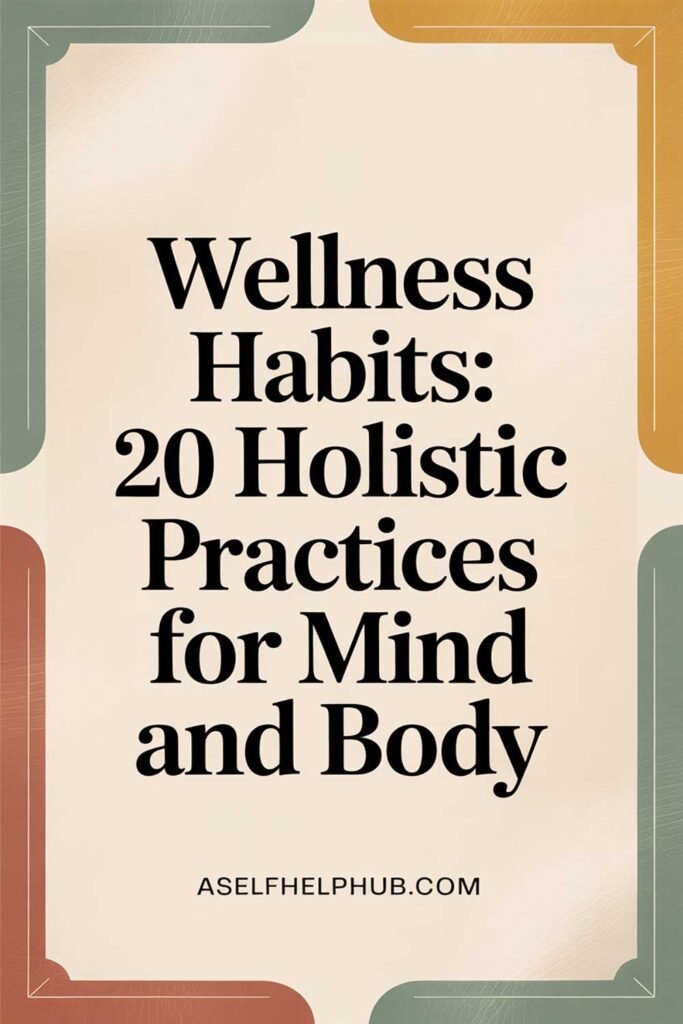
The Role of Emotional Intelligence in Personal Growth
Emotional intelligence (EI) is the ability to understand, manage, and influence your own emotions and those of others. It’s often considered a cornerstone of personal and professional success, yet its impact on personal growth is frequently underestimated. Developing emotional intelligence not only enhances relationships but also fosters self-awareness, resilience, and overall well-being.

In this article, we’ll explore what emotional intelligence is, its components, and how it can play a transformative role in your personal growth journey.
What Is Emotional Intelligence?
Emotional intelligence refers to the capacity to recognize, understand, and regulate emotions effectively. Coined by psychologists Peter Salovey and John Mayer and popularized by Daniel Goleman, EI encompasses both intrapersonal and interpersonal skills.
The Five Key Components of Emotional Intelligence
- Self-Awareness: Recognizing and understanding your emotions and their impact.
- Self-Regulation: Managing your emotions in healthy ways to stay in control.
- Motivation: Using emotional energy to pursue goals and maintain a positive outlook.
- Empathy: Understanding and sharing the feelings of others.
- Social Skills: Building and maintaining strong interpersonal relationships.
The Importance of Emotional Intelligence in Personal Growth
1. Enhances Self-Awareness
Self-awareness is the foundation of personal growth. Understanding your emotional triggers, strengths, and areas for improvement allows you to make intentional choices and align your actions with your values.
- Example: Recognizing that stress makes you irritable can help you take proactive steps, such as practicing mindfulness or setting boundaries.
2. Improves Relationships
Empathy and social skills foster meaningful connections with others. By understanding and addressing the emotions of those around you, you can build trust, resolve conflicts, and deepen relationships.
- Example: Active listening and validating others’ feelings can strengthen friendships and professional relationships.
3. Builds Resilience
Self-regulation and motivation help you bounce back from setbacks and maintain focus on your goals. Resilient individuals use their emotional intelligence to adapt and grow in challenging circumstances.
- Example: Viewing failure as a learning opportunity rather than a personal flaw boosts confidence and perseverance.
4. Promotes Mental Well-Being
Managing emotions effectively reduces stress and enhances overall mental health. Emotional intelligence equips you with tools to navigate anxiety, sadness, or frustration constructively.
- Example: Practicing gratitude and reframing negative thoughts can create a more optimistic outlook.
5. Facilitates Goal Achievement
Motivation, combined with self-awareness, helps you stay committed to personal and professional aspirations. By aligning your actions with your emotions, you can make steady progress toward your goals.
- Example: Setting realistic milestones and celebrating small wins keeps you motivated.
How to Develop Emotional Intelligence
1. Practice Self-Reflection
- Spend time journaling about your emotions and reactions to daily events.
- Identify patterns and triggers to understand what influences your feelings.
2. Cultivate Empathy
- Put yourself in others’ shoes to understand their perspectives.
- Practice active listening by giving others your full attention and withholding judgment.
3. Improve Self-Regulation
- Use techniques like deep breathing or mindfulness to manage stress and impulsivity.
- Set boundaries to protect your emotional energy.
4. Strengthen Social Skills
- Practice clear and assertive communication.
- Engage in collaborative activities that require teamwork and problem-solving.
5. Seek Feedback
- Ask trusted friends, colleagues, or mentors for honest feedback on your emotional interactions.
- Use their insights to identify areas for improvement and growth.
The Long-Term Benefits of Emotional Intelligence
Investing in emotional intelligence leads to:
- Stronger Relationships: Improved empathy and communication foster trust and connection.
- Enhanced Career Success: EI is highly valued in leadership, teamwork, and conflict resolution.
- Greater Self-Confidence: Understanding and managing emotions builds inner strength and self-assurance.
- Lasting Resilience: Emotional intelligence equips you to handle life’s challenges with grace and adaptability.
Picture This
Imagine facing a difficult situation at work or in your personal life. Instead of reacting impulsively, you pause to understand your emotions and those of others involved. You communicate with clarity, empathy, and confidence, turning a potential conflict into an opportunity for connection and resolution.
Over time, this ability to navigate emotions enhances your relationships, deepens your self-awareness, and fuels your personal growth. Emotional intelligence becomes not just a skill but a way of life, empowering you to thrive in every aspect of your journey.






